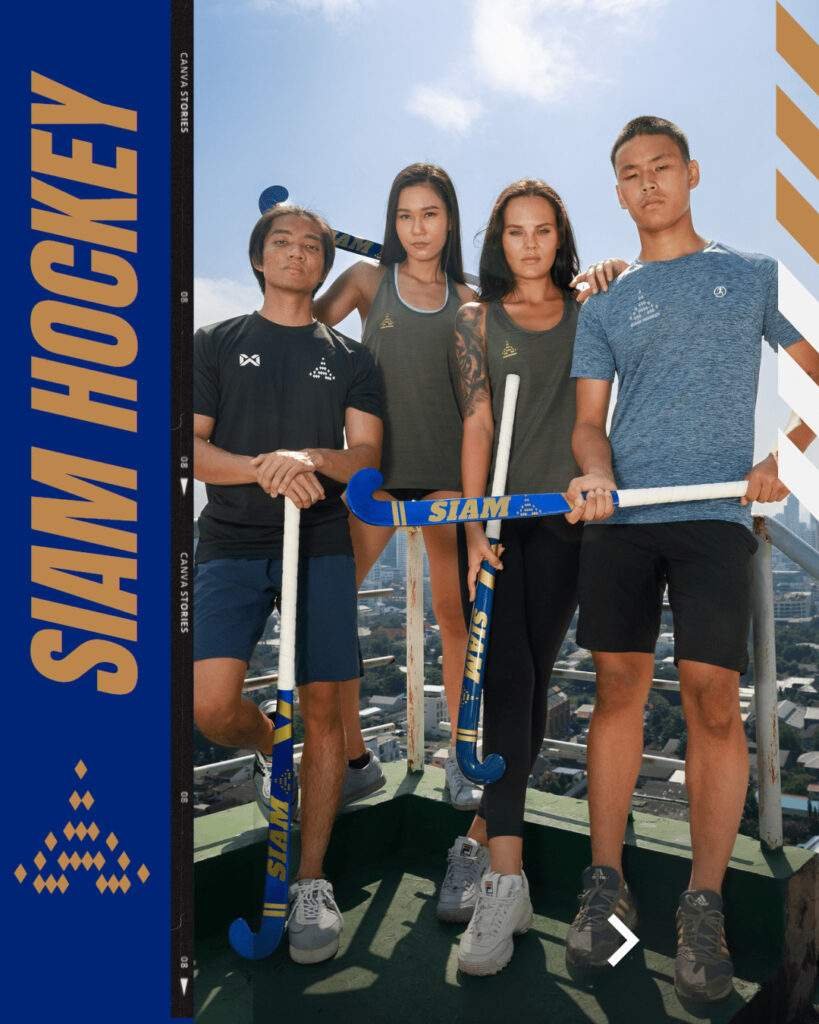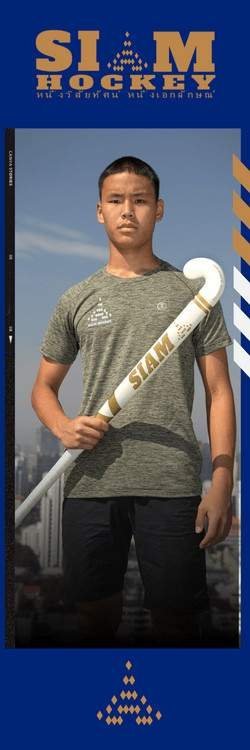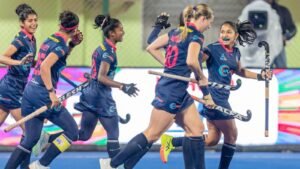Last held in 2017, hockey India asks the world body for a suitable window to host the franchise-based league again.
Five years after it was last held, the Hockey India League (HIL) could make a comeback after the national body reached out to the International Hockey Federation (FIH) earlier this week to check on the available window in the international calendar. Apart from the men’s competition, Hockey India enquired with the FIH about suitable dates for a ‘shorter women’s league’ as well.
Thierry Weil, the chief executive of the FIH, said he received communication in this regard from the newly-elected Hockey India president Dilip Tirkey ‘ two-three days ago’. “They asked – and it’s nice of them to do so – to look at the international calendar so that when they plan their league, it is not interfering with other important events,” Weil, who was speaking ahead of the new season of FIH Pro League, said on Friday.
He added: “That (events clashing) would not be nice for the international calendar but it would definitely not be good for the Indian league. I am sure soon we will have a dialogue together with Hockey India to see what would be the best period for the HIL.”
Weil’s statement comes on the back of Dilip Tirkey recently saying the revival of the league, which played an important role in developing Indian hockey, was discussed in an executive board meeting earlier this month.
Tirkey was quoted as saying by Hockey India: “I also believe there is scope to revive the erstwhile Hockey India League and we also discussed the potential in starting a league on similar lines for women. In all, it has been a good start and we look forward to working together towards the development of hockey.”
After it was launched in a grand fashion in 2013, the HIL – a city-based franchise tournament – had to be discontinued in 2017 because of the financial burden it put on the team owners, some of whom claimed that they made heavy losses.
The role of HIL in developing Indian players – almost all who were a part of the Tokyo team belong to the HIL generation – has been immense. It didn’t matter that the competition lasted just for a month or so. As captain Manpreet Singh once said, even a month of HIL helped him grow ‘several years’ as a player.
The exposure Indians received by playing under some of the best foreign coaches and alongside the world’s best players improved their game sense and brought it to such a level that they were ultimately able to come up with their own identity and style of play.
While the likes of Manpreet Singh, Birendra Lakra and other national team regulars got better by playing in the HIL, an entire generation of young players – Surender Kumar, Mandeep Singh, Amit Rohidas and the rest – got a taste of playing against foreign players even before they made their international debut. Also, by the time they got selected for the national team, they had dozens of good quality competitive matches under their belt.
In the post-Hockey India League generation, however, there has been a drop in the quality of players, who seem to be lacking an understanding of defensive structures, are unable to identify the opponent’s offensive patterns, inability to orchestrate running lines, have poor off-the-ball movements and, can’t cope with stress. This was visible during the Junior World Cup last year, where India – the defending champions – exited in the semifinals.
Weil said he was ‘happy’ that Hockey India is considering restarting the league. “I am really happy that hockey India is looking back at having a men’s league as well as a women’s league most probably in a smaller format. We will help them find out what will be, in our view, the best period for the Indian league,” he said.
Weil also said the teams competing in next year’s World Cup will be provided chartered flights by Hockey India and Odisha government to travel between Bhubaneswar and Rourkela, the two venues that’ll host the competition from January 13 to 29.
While India play their opening two matches in Rourkela before moving to Bhubaneswar for the rest of their matches, a lot of teams including world champions Belgium could have to shuttle between the two cities more frequently. While it could be a logistical hurdle, Weil said teams will be provided air transport.
“Hockey India together with Odisha will organise charter flights for the teams to go from Bhubaneswar to Rourkela and vice versa. They will be on specific flights that will land next to the venue in Rourkela, which is a 10-minutes drive from the airport,” Weil said.
Weil added that although the work at the new stadium was behind scheduled ‘due to the monsoons’, he is ‘confident’ it will be completed by the end of November. “I don’t know what the situation today is but I have full trust in Odisha that they will make it happen. Our goal was that the main facilities should be done by end of November; beautification can be done after that. So, that’s when we will check with them and I am confident it will happen.”








